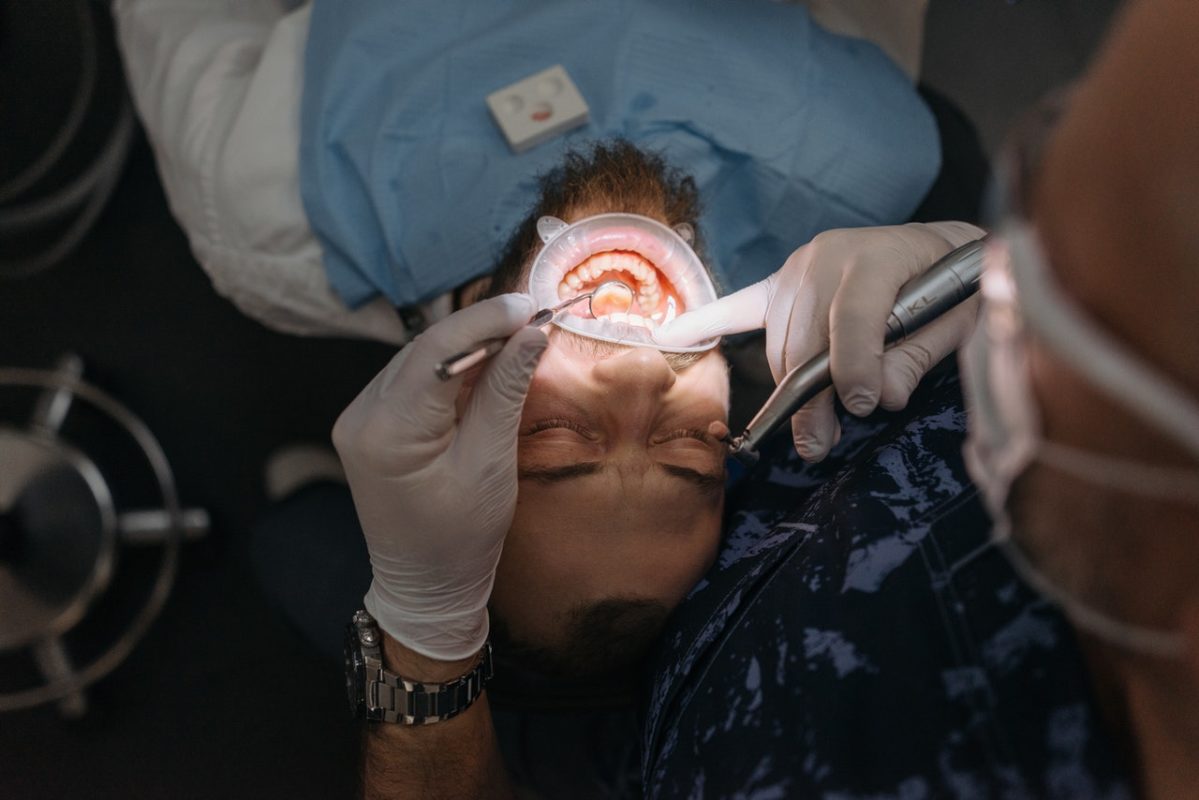If you have recently had a dental infection or a severe break to one of your teeth then your dentist Coorparoo may suggest that you have a root canal.
But, surprisingly, many dental patients would prefer a dental extraction over a root canal. Many dental teams believe that this is due to the myths that surround this procedure, such as that it may kill the tooth.
In the following FAQs, common questions about root canals are answered, allowing you to make sense of the procedure and make an informed choice about your dental care.
Why would I need a root canal?
As mentioned in the introduction of the article, many people need a root canal due to an infection in the root or pulp of the tooth, or due to extensive damage which has allowed the root to become exposed.
The procedure itself is very straightforward and simply involves your dental team drilling down to the root of the tooth and removing the source of the infection. Once they have done this, your tooth is filled with the substance known as gutta-percha. This will prevent bacteria and plaque from getting access to the root of the tooth and will prevent the infection from recurring.
Does it kill the tooth?
This is a common concern that many patients have; that a root canal will kill their tooth and may even turn it black.
A root canal does remove the pulp of the tooth so in a way, it does kill the tooth. However, after the procedure is completed you will be able to use the tooth as you did before you had the infection and the aesthetics of the tooth remain intact. So it is a bit of an ambivalent answer.
Is it uncomfortable?

Many patients worry that having a root canal fitted will be very uncomfortable.
However, if you have a dental infection, a root canal will alleviate a lot of the discomfort you have been experiencing due to the infection. Many patients report feeling less pressure and a reduction of swelling after having a root canal.
Your dental team will also likely prescribe you antibiotics to take at home after the procedure to ensure that all of the bacteria is removed.
Is it better than an extraction?
As mentioned earlier, many dental patients prefer the idea of having a dental extraction over a root canal.
But a root canal does offer many advantages, with the main one being that the aesthetics of the tooth are not altered. A root canal also prevents the spread of infection and does not require the same aftercare that is needed following a tooth being removed. Provided you attend dental check-ups every six months following your root canal it should last for the rest of your life without issue.
Do root canals last long?
As briefly mentioned before, if the tooth that has had the root canal is kept free from decay then the procedure should last for the rest of your life without recurrence of infection.
If you suspect that you have a problem with your root canal, then you should seek treatment from your dental team as soon as possible.
DISCLAIMER OFFSITE
Any surgical or invasive procedure carries risks. Before proceeding you should seek a second opinion from an appropriately qualified health practitioner.




